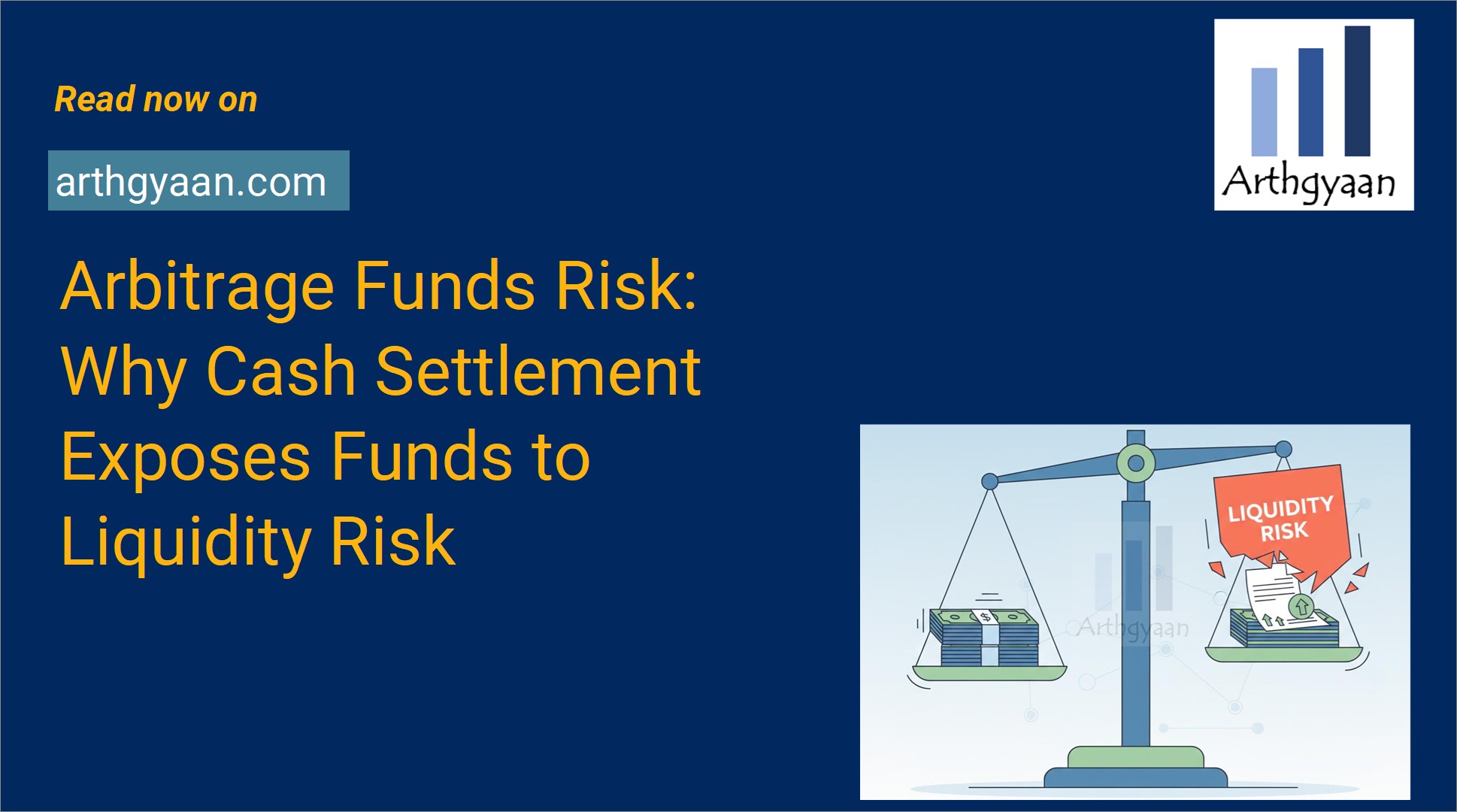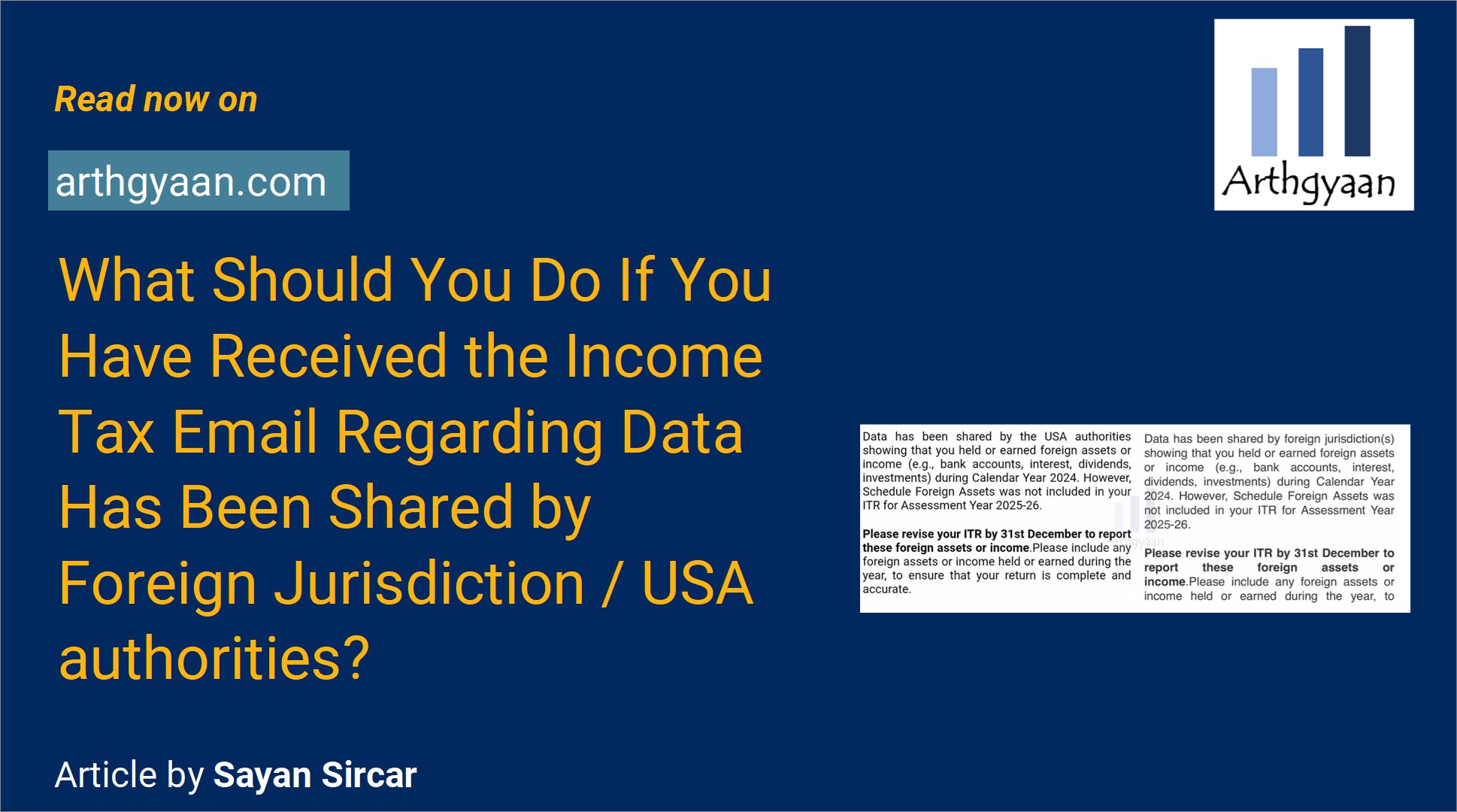Arbitrage Funds Risk: Why Cash Settlement Exposes Funds to Liquidity Risk
This article explains how cash settlement of futures contracts introduces liquidity and market risk, demanding high-quality, liquid equity portfolios in arbitrage funds.
This article explains how cash settlement of futures contracts introduces liquidity and market risk, demanding high-quality, liquid equity portfolios in arbitrage funds.

This article is a Guest Post from one of Arthgyaan’s earliest readers who is a fellow personal finance enthusiast.
About the author: Muthu Kannan, also known as Manki, is a software engineer by profession. He is intrigued by all sorts of things in life. One of them happens to be personal finance and investing.
In the personal finance space, his passions include teaching others (which is just a fancy name for learning by answering other people’s questions), building tools (mostly spreadsheets as of now), and writing about his revelations occasionally.
Readers of Arthgyaan may be interested in his blog posts about personal finance. Links to his other work and social media handles are on his home page manki.in.
Now over to Muthu Kannan (aka Manki).
I have observed a theme in financial markets: nothing is as straightforward as it initially looks. When I did my research for the article how arbitrage funds work, I had concluded that the profits were guaranteed as soon as equity shares are bought and future contracts sold. Boy, was I wrong!
My understanding of future contracts was that arbitrage funds would sell future contracts that guarantee a sale price, a sale date in future, and a purchaser who is legally bound to buy. This would be correct if the future contract were settled through physical delivery of shares. Turns out, most future contracts are settled in cash!
Settlement through physical delivery is easy to understand: shares move out from the arbitrage fund’s demat account and cash rolls into the fund’s bank account. But this is of little use since virtually all future contracts are settled in cash.
Let’s say an arbitrage fund establishes an arbitrage position by making two simultaneous transactions:
The guaranteed profit from this position (excluding fees) is ₹3 per share. This profit, in theory, can be realised irrespective of the share’s price movements in the cash market. Let’s look closely at the three possible scenarios.
This is the simplest case, though a fairly unlikely scenario, that the cash market price at the time of settlement (i.e., the settlement price) is exactly the same as the future contract price.
Let’s say the share sells at ₹105 at the time of settlement. ₹105 is considered the settlement price.
Let’s say the share sells at ₹102 at the time of settlement. ₹102 is considered the settlement price.
If both parties to a future contract only want the cash profit from the future contract, and don’t want to hold the underlying shares, sending cash over is quicker and more efficient. Those who want to hold the shares usually buy them from the cash market; they don’t need to dabble with futures. Hence, virtually all future contracts are settled in cash.
The cash settlement model requires that the entity holding the shares-arbitrage funds, in our case, be able to liquidate its positions at or very close to the settlement price. This makes the fund vulnerable to liquidity risk. If trading volume for the shares is low or if the price in the cash market price falls much below the settlement price, the arbitrage fund ends up losing money.
What does this mean?
Don’t be deceived by the phrase “fully hedged”! Arbitrage funds are mostly shielded from equity price movements, but they still need to hold a high-quality, highly liquid equity portfolio with less concentration.

Published: 18 December 2025
8 MIN READ
1. Email me with any questions.
2. Use our goal-based investing template to prepare a financial plan for yourself.Don't forget to share this article on WhatsApp or Twitter or post this to Facebook.
Discuss this post with us via Facebook or get regular bite-sized updates on Twitter.
More posts...Disclaimer: Content on this site is for educational purpose only and is not financial advice. Nothing on this site should be construed as an offer or recommendation to buy/sell any financial product or service. Please consult a registered investment advisor before making any investments.
This post titled Arbitrage Funds Risk: Why Cash Settlement Exposes Funds to Liquidity Risk first appeared on 09 Nov 2025 at https://arthgyaan.com